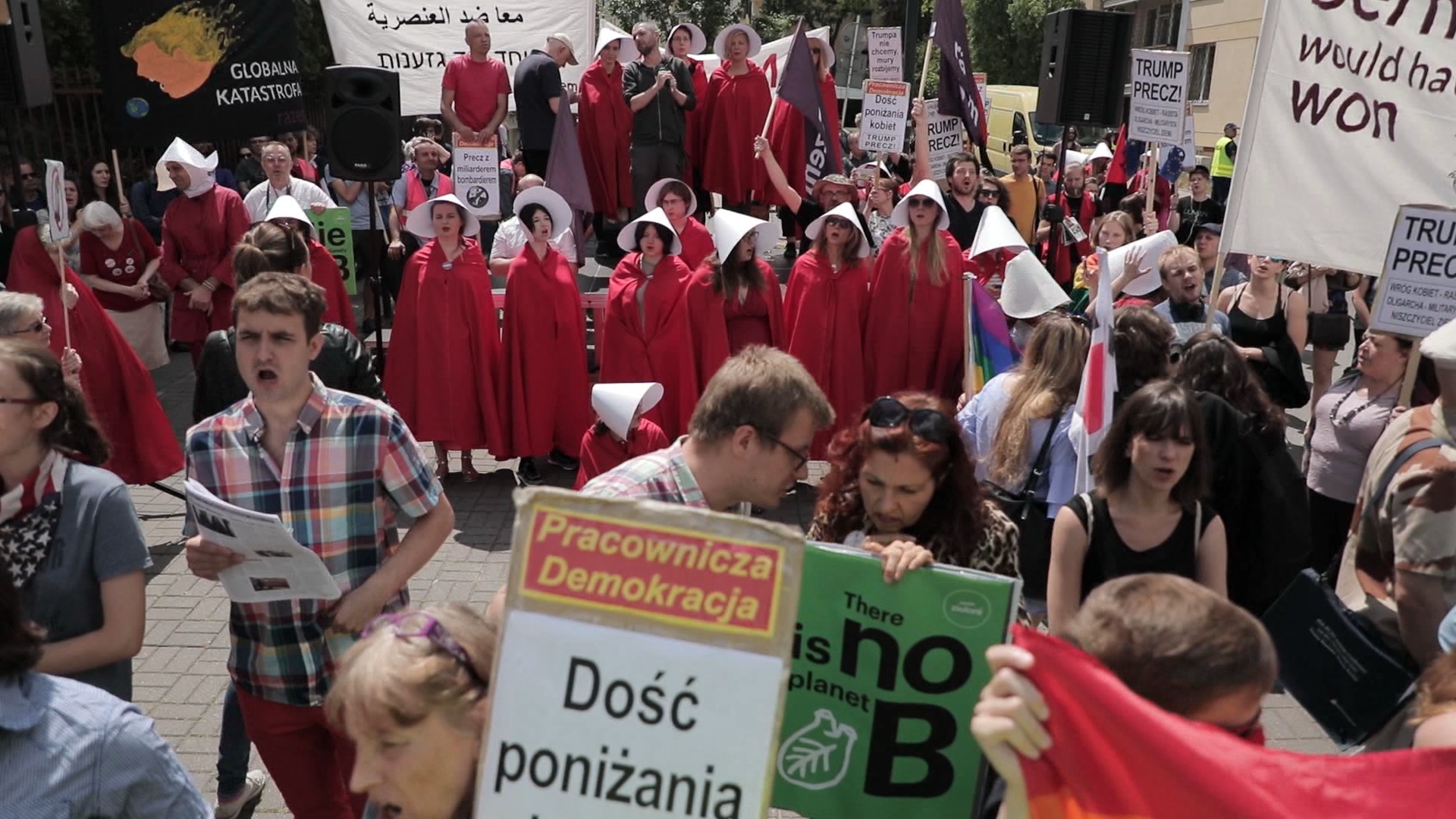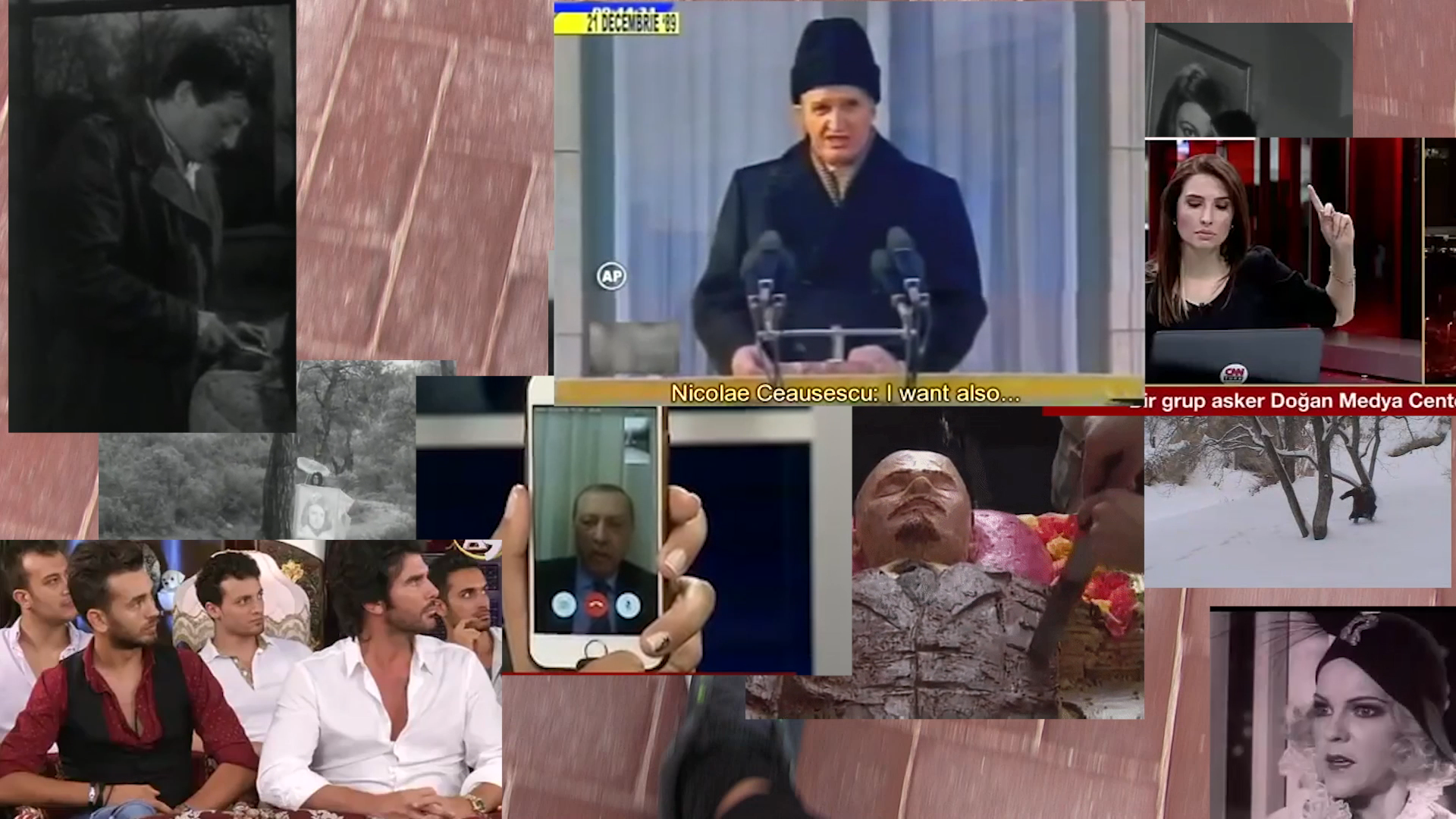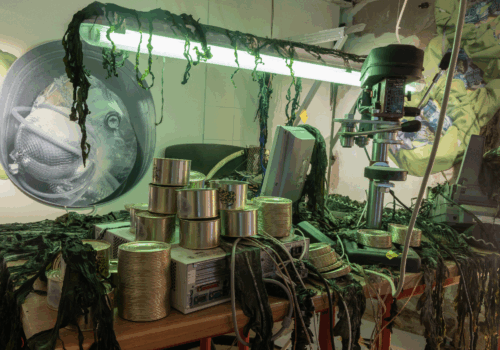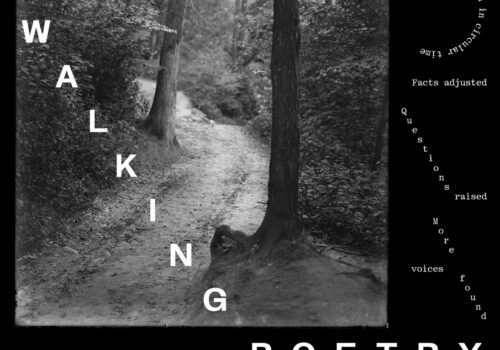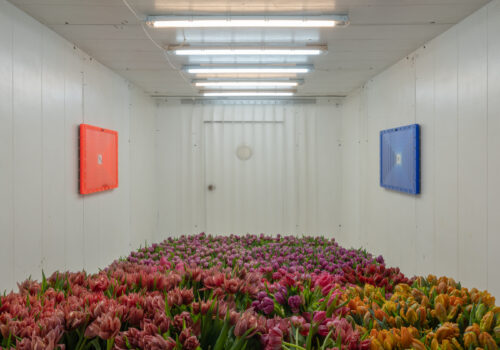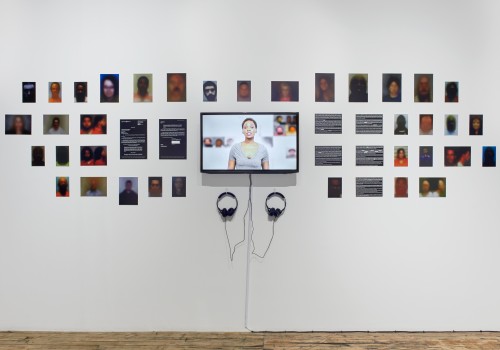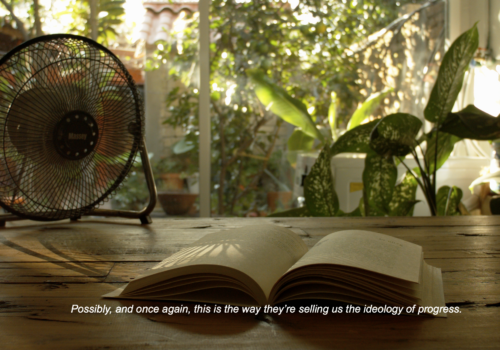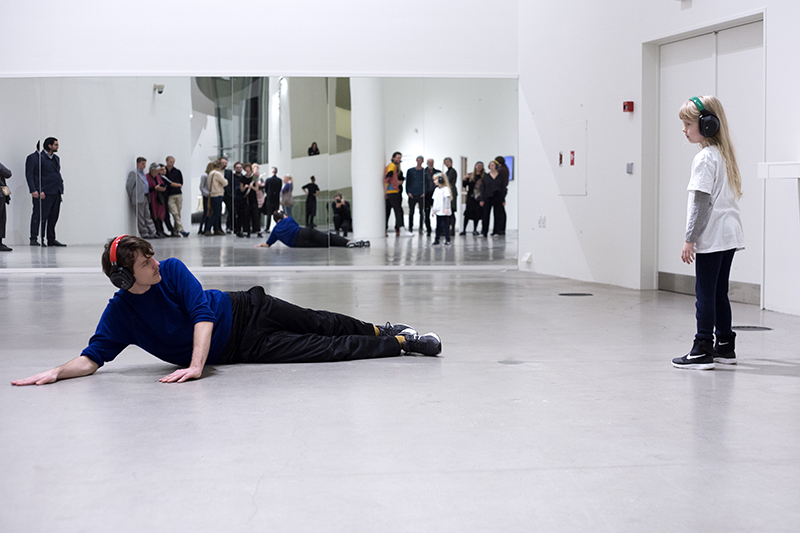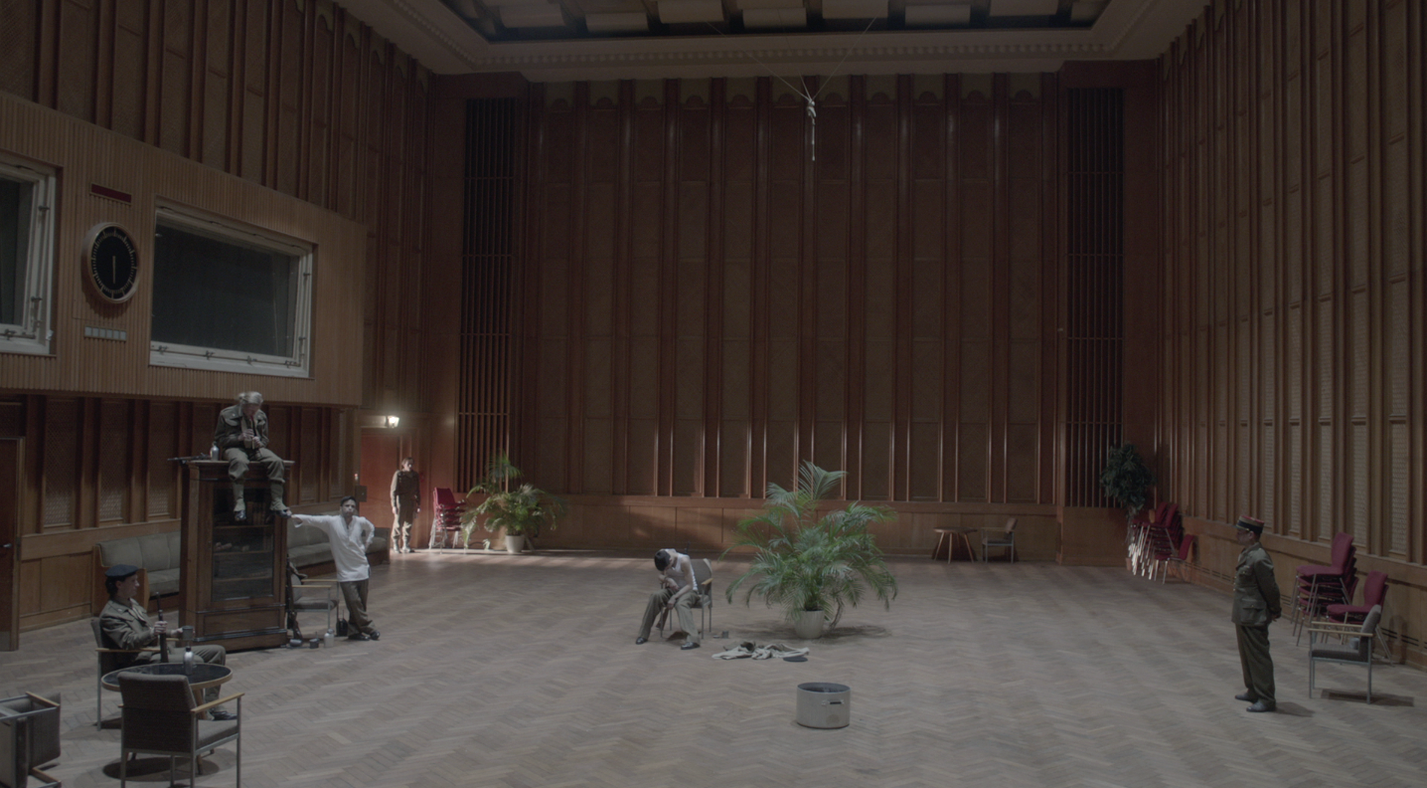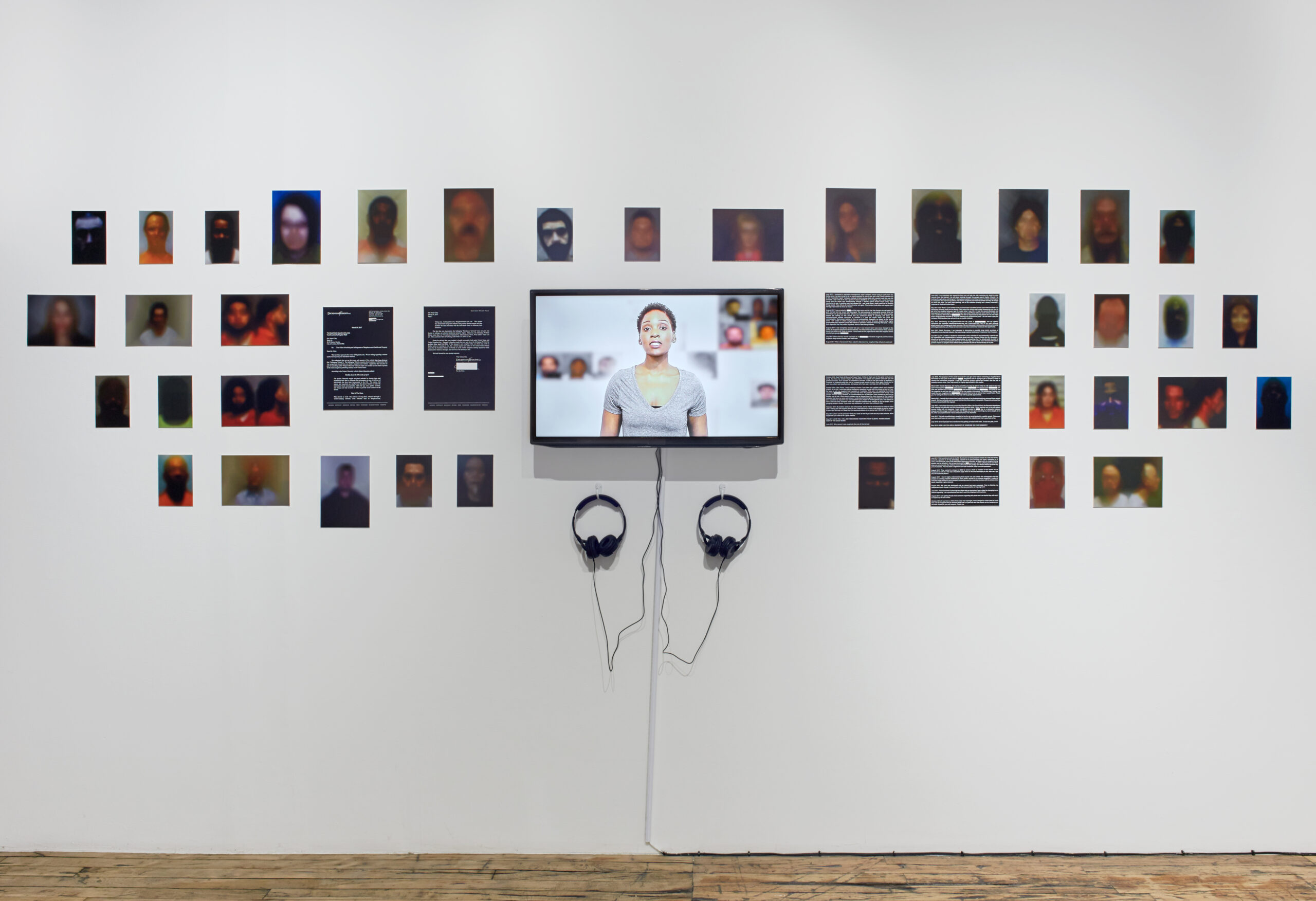ISCP TalkJanuary 23, 2018, 6:30–8pm
belit sağ, Tomáš Rafa and Siddhartha Mitter on Concrete Truth: Art and the Documentary
This event, held in conjunction with the exhibition Concrete Truth: Art and the Documentary, will begin with a screening of New Nationalism in the Heart of Europe by Tomáš Rafa, who has invited Siddhartha Mitter to respond to this work, followed by a screening and introduction of disruption (aksama) by belit sağ.
Siddhartha Mitter works on arts and culture, creative communities, cities, and political and economic issues, mostly in the United States and West Africa. He is a regular contributor to the Village Voice (since 2016) and Boston Globe (since 2004). Previous outlets for his work include Al Jazeera America, The Atlantic, BL Ink (India), Daily Beast, MTV, The National (UAE), The New Yorker, Paste, The Oxford American, and Transition. Mitter attended Harvard University for both undergraduate and graduate school. He is trained in political economy of development, with an emphasis on West Africa. Mitter lives and works in Brooklyn, New York.
Tomáš Rafa’s creative areas include reportage videos (such as New Nationalism in the Heart of Europe, ongoing since 2009), which reflect the problems of new nationalism in Central Europe, and projects including (Eg in Michalovce, Sečovce, Veľká Ida and Ostrovany), through which he attempts to eliminate some of the barriers between the Roma community and the majority population in Eastern Slovakia. The common denominator in Rafa’s participatory reportage videos and realizations are social and political engagement and activism. Rafa won the Oskar Čepan Prize in 2011, and recently had a solo exhibition at MoMA PS1, New York.
belit sağ is a visual artist with a video background in video-activist groups in Turkey. Her work was presented at MOCA, Taipei; Tabakalera, San Sebastian; EYE, Amsterdam; the Toronto, Rotterdam and New York International Film Festivals; and documenta 14, Kassel. She was a resident at the Rijksakademie, Amsterdam and ISCP, New York.
This program is supported, in part, by Greenwich Collection, Ltd., National Endowment for the Arts, New York City Council District 34; New York City Department of Cultural Affairs in partnership with the City Council; New York State Council on the Arts with the support of Governor Andrew M. Cuomo and the New York State Legislature.
